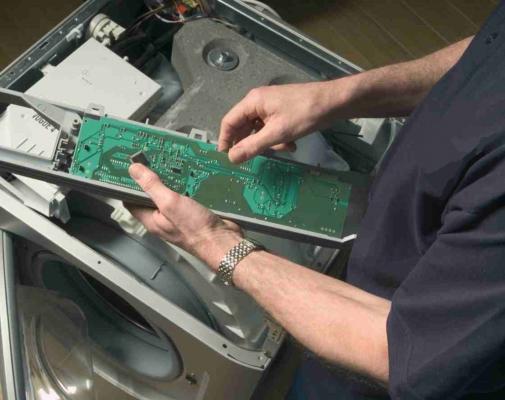Chris Dunn Consulting writes:
Unfortunately, the answer is likely to be no.
The new measures apply to washing machines, dishwashers, fridges, and displays (including TVs).
Manufacturers will have to ensure that spare parts are available for at least seven years after a product has been sold, that they can deliver the parts within 15 working days, and that the parts can be replaced safely using commonly available tools.
This will go some way to solving a long-standing issue whereby off-brand appliances are produced as cheaply as possible and sold without an adequate aftersales infrastructure of parts, documentation, and trained repair networks.
The latest Ecodesign rules also include energy-saving measures. These, together with the adoption of IoT in so-called “smart appliances”, should be mean that new products are not only more environmentally friendly in use but will also be capable of remote upgrades and preventative maintenance.
Additionally, consumers are increasingly aware of the environmental costs of the “throwaway society” and taking sustainability into consideration when purchasing consumer durables.
However, the underlying business model in home appliances still favours the replacement market. Manufacturers and retailers chase volume and incentivise consumers to buy new through trade-in deals and promotional discounts.
They also disincentivise repairs through scarcity and cost because, for many years, the cost of spare parts has increased faster than the cost of appliances while the number of service engineers available to make repairs has been in constant decline.
Cost and convenience remain such powerful drivers of consumer behaviour that the fundamental economics that favour replacement over repair need to be addressed.
One country attempting to do this is Sweden. Its Rut legislation gives tax breaks to consumers opting to repair rather than replace their appliances. And this is making a difference to consumer behaviour.
Last year white goods repairs grew by 16%. Global home appliance manufacturer Electrolux is based in Stockholm and is leading the market with a fixed price repair service that seeks to make repairs more affordable.
So, it is possible over time to redress the balance between repairs and replacements and this can be a win-win for consumers and manufacturers alike - as well as a significant boost to the circular economy and sustainability.
For support with your aftermarket business strategy, please contact us at enquiries@chrisdunnconsulting.co.uk
